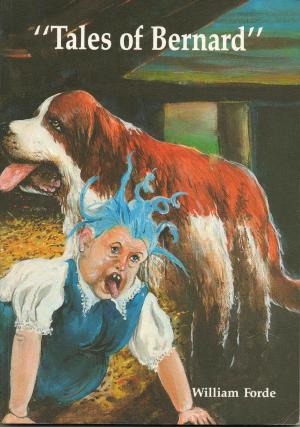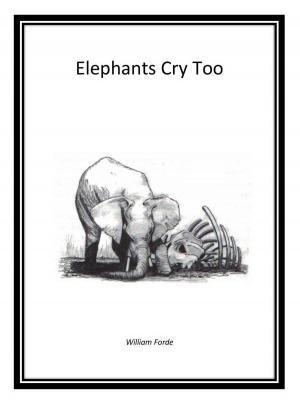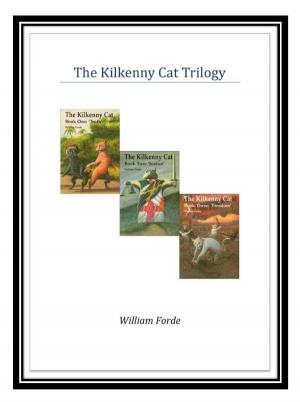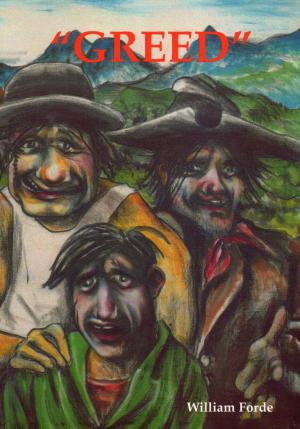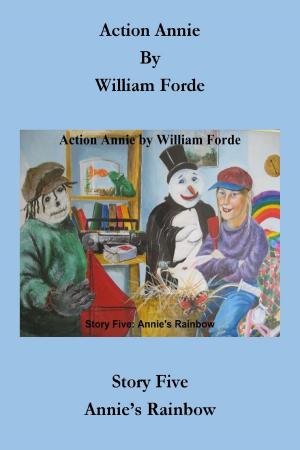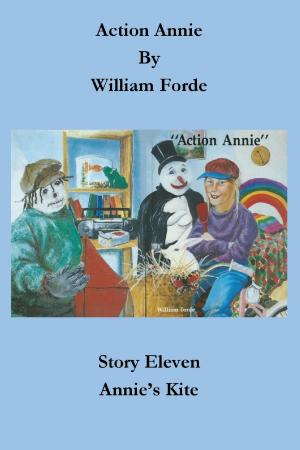| Author: | William Forde | ISBN: | 9781465948540 |
| Publisher: | William Forde | Publication: | October 20, 2011 |
| Imprint: | Smashwords Edition | Language: | English |
| Author: | William Forde |
| ISBN: | 9781465948540 |
| Publisher: | William Forde |
| Publication: | October 20, 2011 |
| Imprint: | Smashwords Edition |
| Language: | English |
This author's works have been praised by numerous celebrities, the most notable being Nelson Mandela who described two of his African stories as 'Wonderful', the late Princess Diana who used to read two of his books to the Princes William and Harry when they were aged 9 and 7 years, and a former Chief Inspector of Schools for The Office for Standards in Education, Children's Services and Skills (OFSTED), who described the author's writing to the press as being of 'High quality literature.'
The Kilkenny Cat has been written as a trilogy. Book One deals with the theme of ‘truth’, Book Two with ‘justice’, and Book Three on the theme of ’freedom’.
All three books seek to show that truth, justice or freedom cannot exist in isolation, and that the only way one can experience any one of them is when one is able to experience all three.
Book Two’s setting begins in Falmouth, Jamaica and provides the reader with a way of life that most non-Jamaicans may find strange, but which all natives to Jamaica would instantly recognize. Book Two continues to examine the issues of discrimination that is practiced in that country and particularly homophobia and sexism. Mixed partnership between black and white couples is also looked at in the context of the story. The second half of Book Two is set back in Ireland.
The trilogy is designed to show that every country on the face of the Earth exercises discrimination against some of its citizens. The nature of discrimination may subtly change and vary from one country and situation to another in both shape and form, but it will always be present in some degree for those of us who care to look.
Particular forms of discrimination looked at in this trilogy include the issues of colour, race, religion, age, culture, sexism, disability, homophobia, gypsies, asylum seekers, refugees and economic migrants.
These issues are looked at through the eyes of travelling cats, whose experiences mirror those of human society. Overarching all the themes of this trilogy is the issue of ‘Good’ versus ‘Evil’, where the terms ‘God’ and ‘Satan’ are used to denote opposing values, qualities and lifestyles.
The speech of the cat characters who come from Jamaica is distinguished from the speech used by non-Jamaican cats by changing the word ‘you’ to ‘ya’ and its linguistic associates, and no attempt has been made to replicate the patois more commonly used by many Jamaican citizens.
The Kilkenny Cat Trilogy is an allegorical story of all manner of discrimination practised throughout the world; particularly in Ireland, Jamaica and England. Told through the eyes and experiences of travelling gypsy cats, it is a must for all cat lovers and students of the discrimination, the 'Northern Riots', Ireland, Jamaica and Northern England and 'Good v Evil.' It is suitable for reading by teenagers and adults.
This author's works have been praised by numerous celebrities, the most notable being Nelson Mandela who described two of his African stories as 'Wonderful', the late Princess Diana who used to read two of his books to the Princes William and Harry when they were aged 9 and 7 years, and a former Chief Inspector of Schools for The Office for Standards in Education, Children's Services and Skills (OFSTED), who described the author's writing to the press as being of 'High quality literature.'
The Kilkenny Cat has been written as a trilogy. Book One deals with the theme of ‘truth’, Book Two with ‘justice’, and Book Three on the theme of ’freedom’.
All three books seek to show that truth, justice or freedom cannot exist in isolation, and that the only way one can experience any one of them is when one is able to experience all three.
Book Two’s setting begins in Falmouth, Jamaica and provides the reader with a way of life that most non-Jamaicans may find strange, but which all natives to Jamaica would instantly recognize. Book Two continues to examine the issues of discrimination that is practiced in that country and particularly homophobia and sexism. Mixed partnership between black and white couples is also looked at in the context of the story. The second half of Book Two is set back in Ireland.
The trilogy is designed to show that every country on the face of the Earth exercises discrimination against some of its citizens. The nature of discrimination may subtly change and vary from one country and situation to another in both shape and form, but it will always be present in some degree for those of us who care to look.
Particular forms of discrimination looked at in this trilogy include the issues of colour, race, religion, age, culture, sexism, disability, homophobia, gypsies, asylum seekers, refugees and economic migrants.
These issues are looked at through the eyes of travelling cats, whose experiences mirror those of human society. Overarching all the themes of this trilogy is the issue of ‘Good’ versus ‘Evil’, where the terms ‘God’ and ‘Satan’ are used to denote opposing values, qualities and lifestyles.
The speech of the cat characters who come from Jamaica is distinguished from the speech used by non-Jamaican cats by changing the word ‘you’ to ‘ya’ and its linguistic associates, and no attempt has been made to replicate the patois more commonly used by many Jamaican citizens.
The Kilkenny Cat Trilogy is an allegorical story of all manner of discrimination practised throughout the world; particularly in Ireland, Jamaica and England. Told through the eyes and experiences of travelling gypsy cats, it is a must for all cat lovers and students of the discrimination, the 'Northern Riots', Ireland, Jamaica and Northern England and 'Good v Evil.' It is suitable for reading by teenagers and adults.





